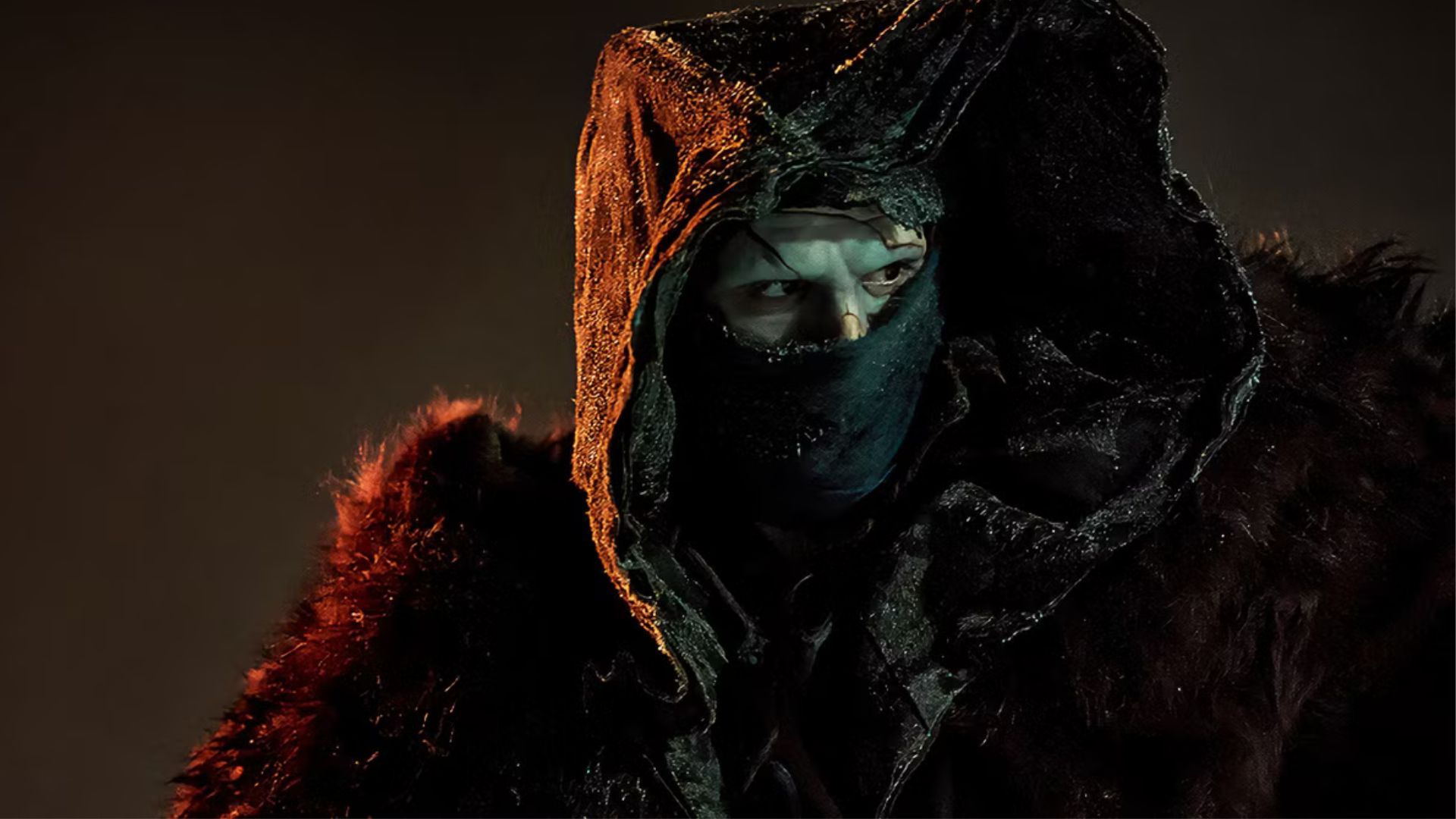
The 2025 movie adaptation of Mary Shelley’s Frankenstein is now available, but unfortunately, it doesn’t live up to expectations. It retreads well-known story beats and feels unnecessarily long. While it’s set a record for audience scores on Rotten Tomatoes for director Guillermo del Toro, I ultimately found it unsatisfying.
With Frankenstein, Guillermo del Toro might be entering a phase reminiscent of Tim Burton’s work, and honestly, I’m all for it. It feels like a natural fit for his unique style. But more than that, this project feels deeply personal – like he needed to make it. It’s clearly been a lifelong dream, and the film comes across as him finally getting to scratch that creative itch.
As a huge movie fan, I recently watched Netflix’s take on Frankenstein, and while adaptations always tweak the source material, this one… well, it lost something in translation. Some of the changes actually diminished the beautiful, haunting quality of Mary Shelley’s original story, and honestly, it didn’t pack the same emotional punch. It looked great, don’t get me wrong, but it really made me think about how Hollywood often prioritizes spectacle over substance with these remakes.
Guillermo del Toro’s Frankenstein Doesn’t Add Anything To The Story
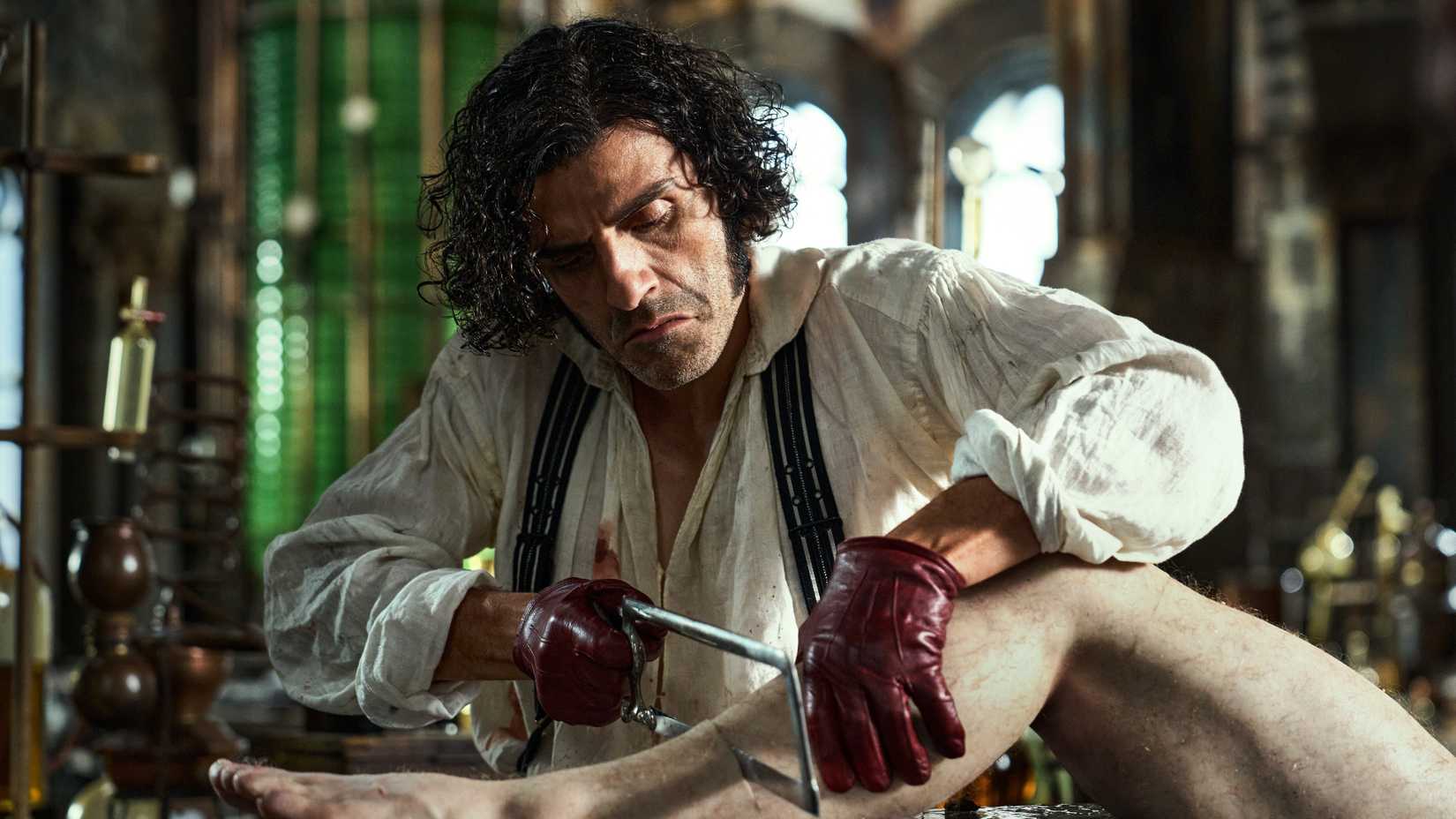
What’s most frustrating about this version of Frankenstein is how emotionally flat it feels. It sticks too closely to the original story, losing the impact and emotional punch that make the book so memorable. It’s overly faithful, to the point where characters literally state the story’s themes in their conversations.
Mary Shelley’s Frankenstein tells the story of Victor Frankenstein, a man who builds a creature from dead body parts. Driven by a childhood loss and a desire to overcome death, Victor is horrified by his creation’s appearance and slow progress. This leads to a decades-long struggle between the two, ultimately resulting in Victor’s death.
While Netflix’s Frankenstein differs from the original novel, these changes don’t significantly alter the core story. The adaptation mainly adds or removes characters, but those removed weren’t crucial to the plot anyway. Viewers who know the story well, particularly those who have read the book, might find the movie feels unnecessarily long.
The Movie Makes The Safest Creative Choices
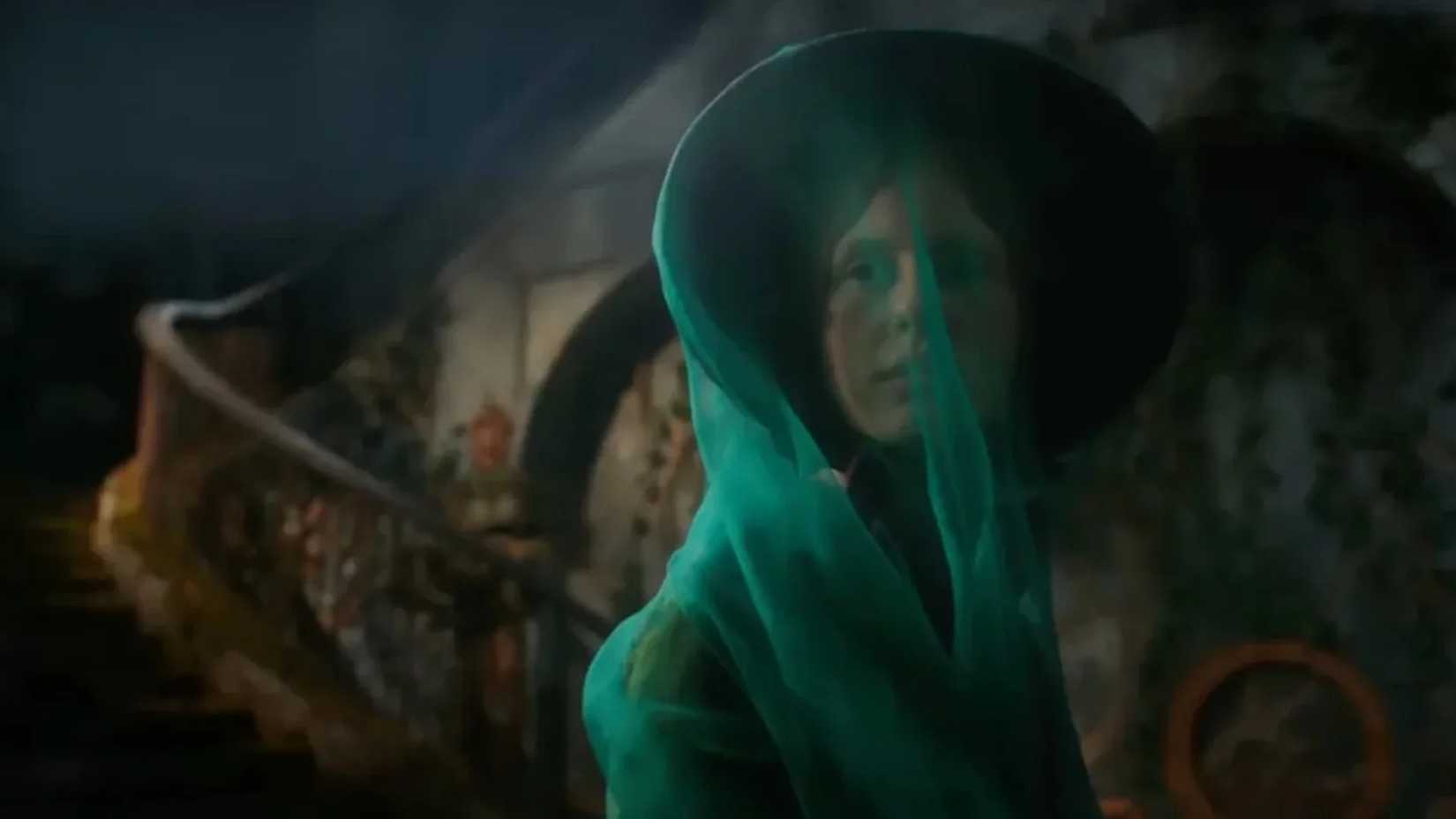
Everyone was thrilled to hear about the Frankenstein movie, as it’s exactly the kind of dark, fantastical horror film you’d anticipate from Guillermo del Toro – one that explores the monster’s perspective with empathy. Del Toro has consistently demonstrated a talent for reimagining monsters throughout his career, making Frankenstein a perfect fit for his storytelling style.
The movie might be too much like a classic Guillermo del Toro film – it’s full of his usual creative touches, but doesn’t really add anything new or improve upon the original story. On a brighter note, Mia Goth is excellent as a love interest, playing opposite potentially three different characters, and her background in horror makes her a strong choice for the role.
Despite being in the movie a lot, Goth isn’t given much to do with her character. The film is a great choice for Jacob Elordi fans, as he delivers what many consider his best performance yet. Still, casting Elordi instead of Andrew Garfield feels like a safe and predictable decision by the studio and filmmakers.
Frankenstein Is Expected To Win Big At The Oscars
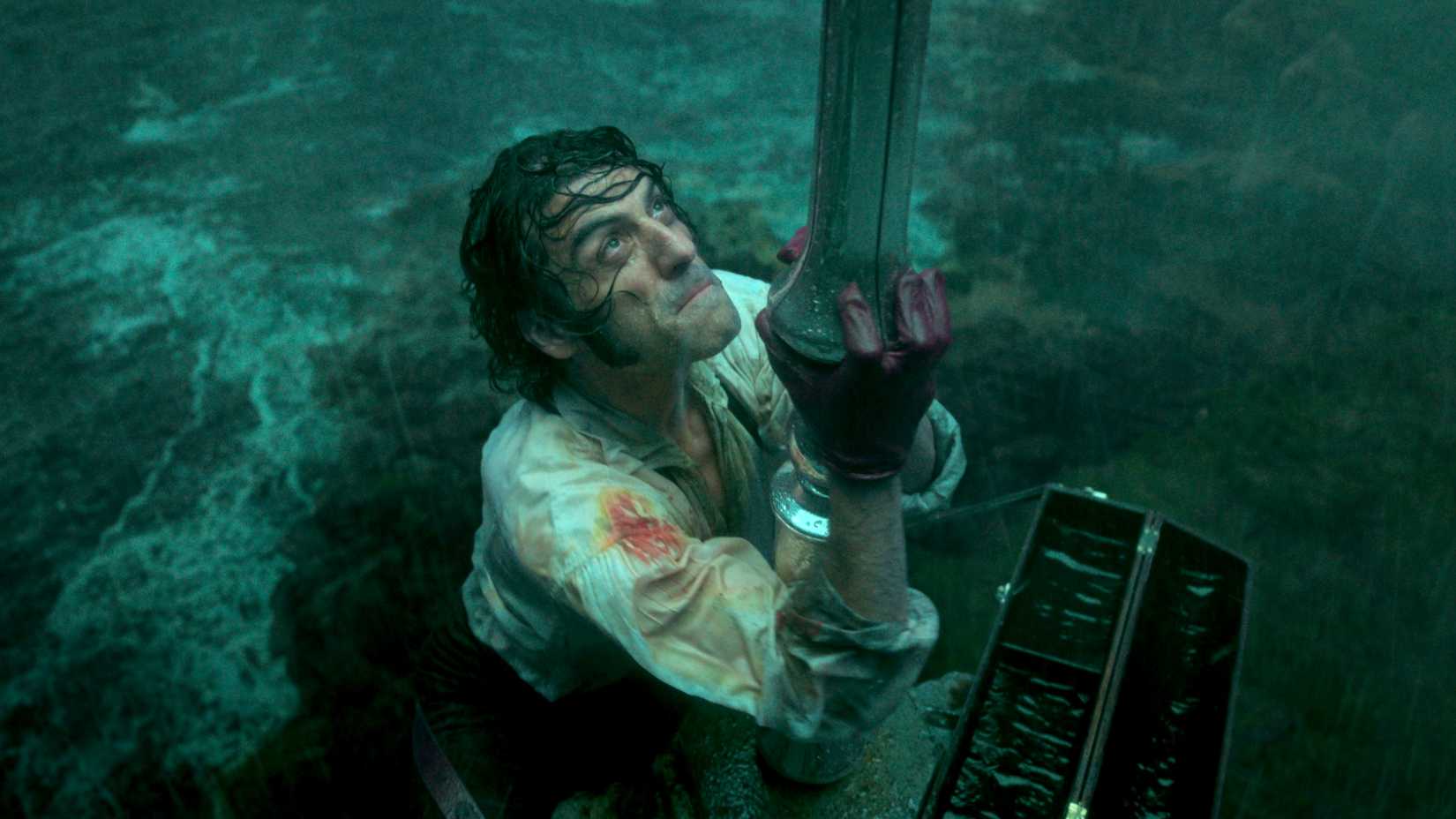 © Netflix / courtesy Everett Collection
© Netflix / courtesy Everett Collection
Although it’s uncertain whether Frankenstein will receive nominations for Best Picture, acting awards, or other major categories at the Oscars, experts widely expect it to be a strong contender overall. It’s almost certain to be nominated for technical awards like production design, costume design, makeup and hairstyling, visual effects, and cinematography.
As a horror fan, I kept thinking while watching this new Frankenstein that Guillermo del Toro or Robert Eggers should have directed it – it just feels like their style. However, unlike last year’s reimagining of Nosferatu, which really took the story in a bold new direction, this Frankenstein plays it pretty safe. It doesn’t offer a lot of surprises, but surprisingly, critics seem to be really enjoying it anyway. It’s a solid, if unremarkable, remake that’s already making waves.
Remakes Are Dominating Both Critical And Commercial Circuits Now
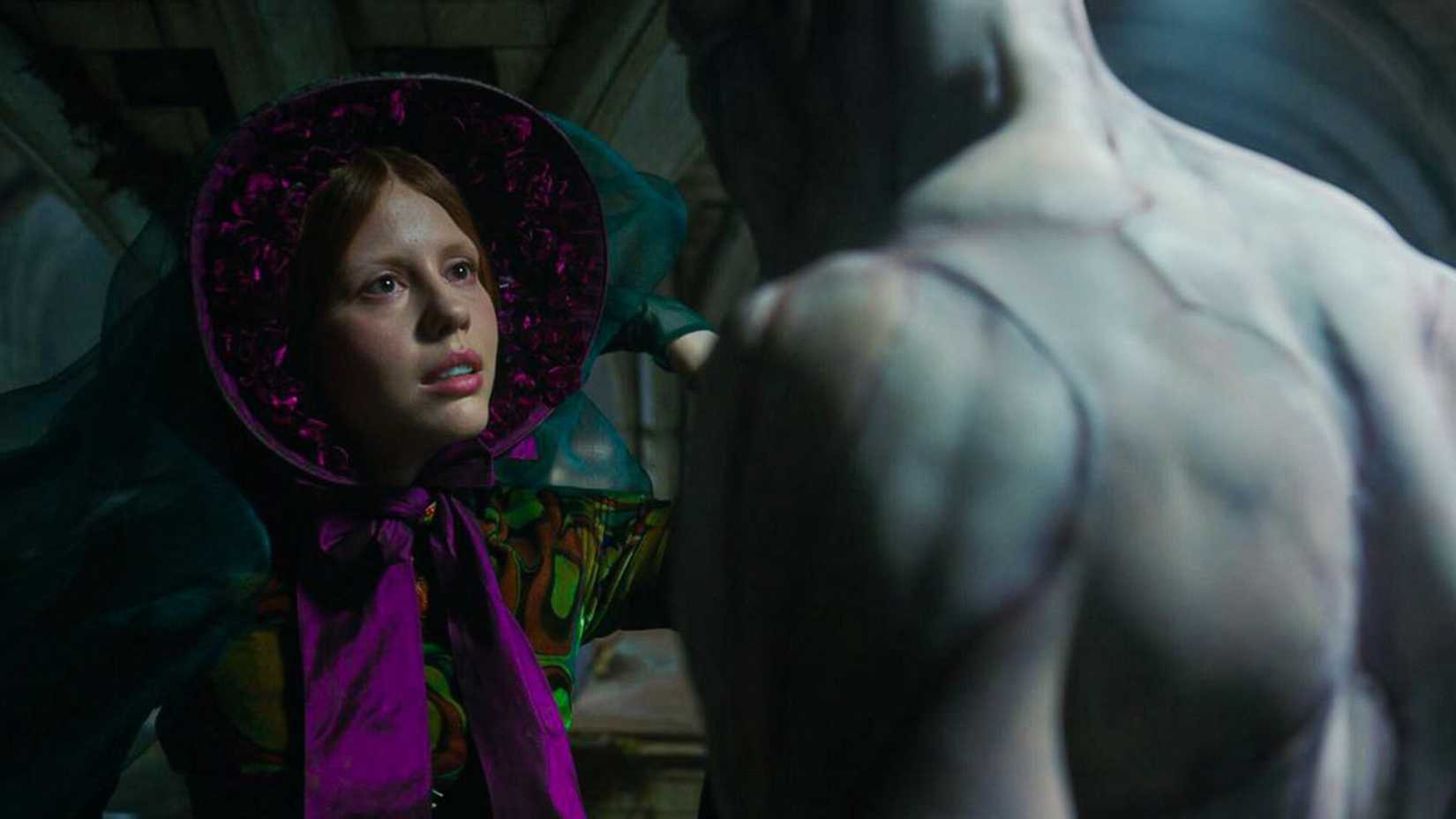
The success of the movie Frankenstein, with both audiences and critics, and its chances at an Oscar, simply show how much we now accept and even admire remakes as creative works, even if they don’t add anything new to the conversation. Everyone is already familiar with Mary Shelley’s original novel, so a rehash doesn’t need to explain it.
Despite its beautiful visuals and captivating colors, Frankenstein feels surprisingly empty, like a series of plot points dressed up to look impressive. It’s frustrating that the most successful movies this year have largely been remakes or based on existing franchises, and Frankenstein risks becoming just another one of them.
As awards season heats up, original films are definitely in the running, but let’s be real, Frankenstein feels like a guaranteed winner in several categories. It’s a surprisingly straightforward and, frankly, emotionally detached take on the classic, but the critics will eat it up anyway. And that’s why we keep seeing these safe remakes greenlit – studios would rather spend money on something predictable than gamble on something truly original, like One Battle After Another, which, while ambitious, might not even turn a profit.
Read More
- Sony Removes Resident Evil Copy Ebola Village Trailer from YouTube
- Best Controller Settings for ARC Raiders
- Ashes of Creation Rogue Guide for Beginners
- Can You Visit Casino Sites While Using a VPN?
- Lies of P 2 Team is “Fully Focused” on Development, But NEOWIZ Isn’t Sharing Specifics
- Crunchyroll Confirms Packed Dub Lineup for January 2026
- Marvel Wants You to Believe Wolverine Is the Greatest Anti-Hero (But Actually He’s the Worst)
- AKIBA LOST launches September 17
- New Look at Sam Raimi’s Return to Horror After 17 Years Drops Ahead of Release: Watch The Trailer
- One Piece Just Confirmed Elbaph’s Next King, And He Will Be Even Better Than Harald
2025-11-22 23:19